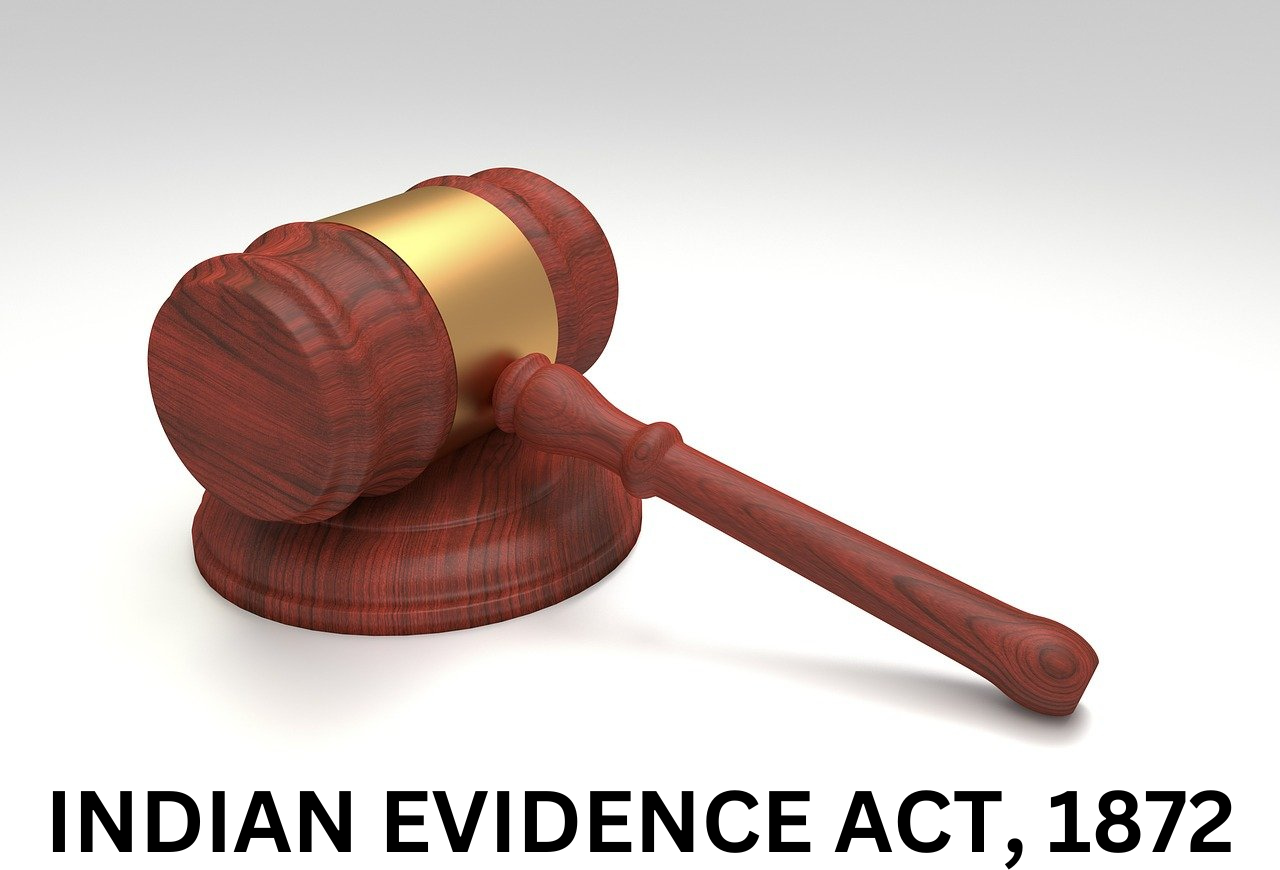Indian Evidence Act, 1872 | History, Legal Proceedings & More
The Indian Evidence Act is an important civil law in the Indian legal system that regulates the admissibility and relevance of evidence in Indian courts.
History of Indian Evidence Act –
The history of the Indian Evidence Act dates back to the British rule. The need for a comprehensive evidence law was recognized in India during British rule to provide uniform rules for the admissibility and evaluation of evidence in Indian courts. Before the enactment of the Indian Evidence Act, there was no codified law on the subject and different rules of evidence were followed in many regions of India.
The drafting of the Indian Evidence Act was influenced by the works of several legal scholars and jurists, including James Stephen. Who is often considered the main architect of this act.
James Stephen was an English jurist and member of the Indian Law Commission, who played an important role in drafting the provisions of this Act.
The Act was passed on 1 March 1872 and came into force on 1 September 1872. After the formation of this Act, it has retained its original form. This Act was based on the English Evidence Act of the year 1851.
The Indian Evidence Act 1872 was divided into three parts
The first part deals with general provisions relating to the admissibility of evidence
The second part deals with oral evidence
The third part deals with documentary evidence
The Indian Evidence Act 1872 has 167 sections and 11 chapters.
Chapter 1 – Preliminaries (Sections 1 – 4)
Chapter 2 – Relevancy of facts (Sections 5 – 55)
Chapter 3 – Facts which need not be proved (Sections 56 – 58)
Chapter 4 – Actual Evidence (Sections 59 – 60)
Chapter 5 – Documentary Evidence (Section 61 – 90A)
Chapter 6 – Exclusion of oral by documentary evidence (Sections 91 – 100)
Chapter 7 – Burden of Proof (Sections 101 – 114A)
Chapter 8 – Estoppel (Sections 115 – 117)
Chapter 9 – Of Witness (Sections 118 – 134)
Chapter 10 – Examination of witnesses (Sections 135 – 166)
Chapter 11 – Improper Admission and Rejection of Evidence (Section 167)
Legal proceedings under Indian Evidence Act 1872
The Indian Evidence Act 1872 is a statute that provides a framework for presenting evidence in Indian courts and determines how that evidence may be admissible in legal proceedings.
This Act applies to both civil and criminal cases and is an important part of the Indian legal system. This Act defines various terms relating to evidence, these relate to the methods and rules of proving the facts in a case. It includes such subjects as oral evidence, documentary evidence, cross-examination and cross-examination of witnesses and covers all judges and magistrates of the court and all persons legally authorized to take evidence except arbitrators.
The Indian Evidence Act prescribes how evidence should be presented, evaluated and recorded in court. It also includes rules related to using public and private documents as evidence.
The Act seeks to clarify the rules of evidence and ensure a uniform set of rules for legal proceedings. It helps in establishing the truth in a matter by presenting evidence. The Act has been amended over time to address emerging legal issues and adapt to the changing needs of the legal system.
Amendment
Amendment to the Criminal Law Act 2005,
Amendment to the Criminal Act 2005,
Amendment in Jammu Kashmir Reorganization Act 2019









